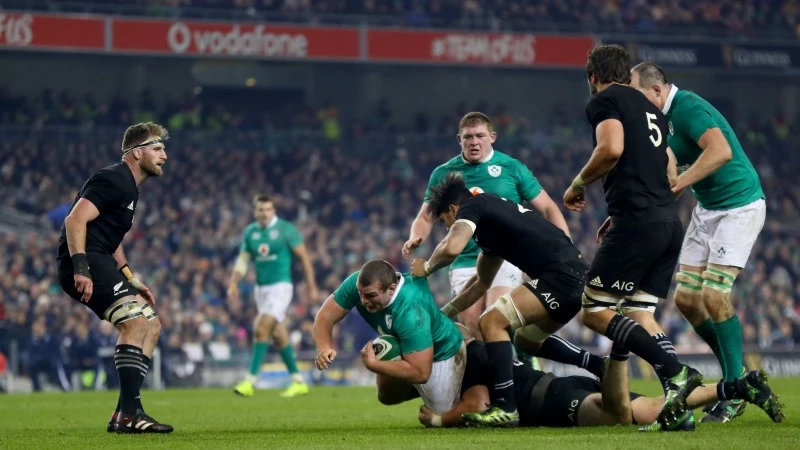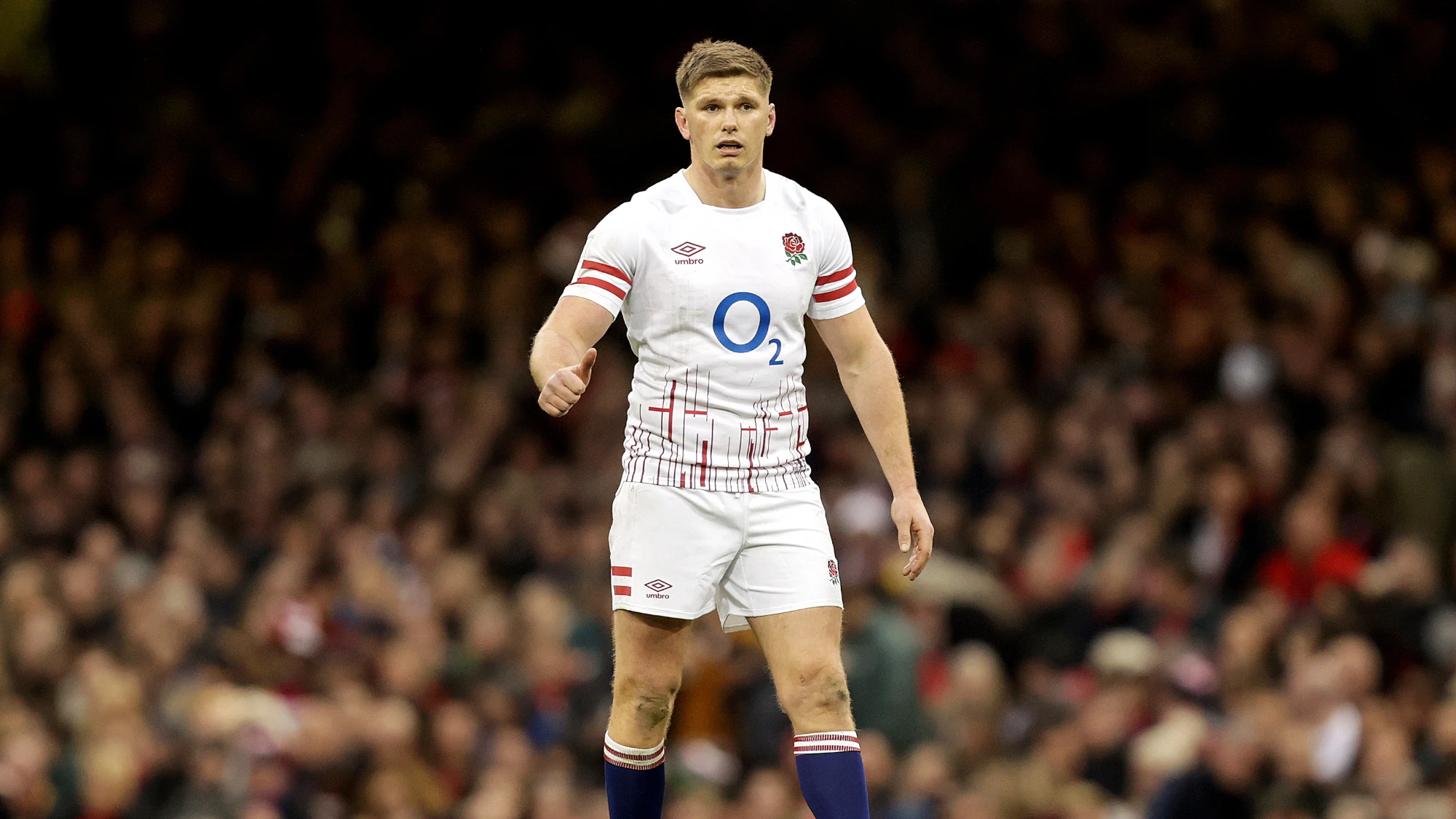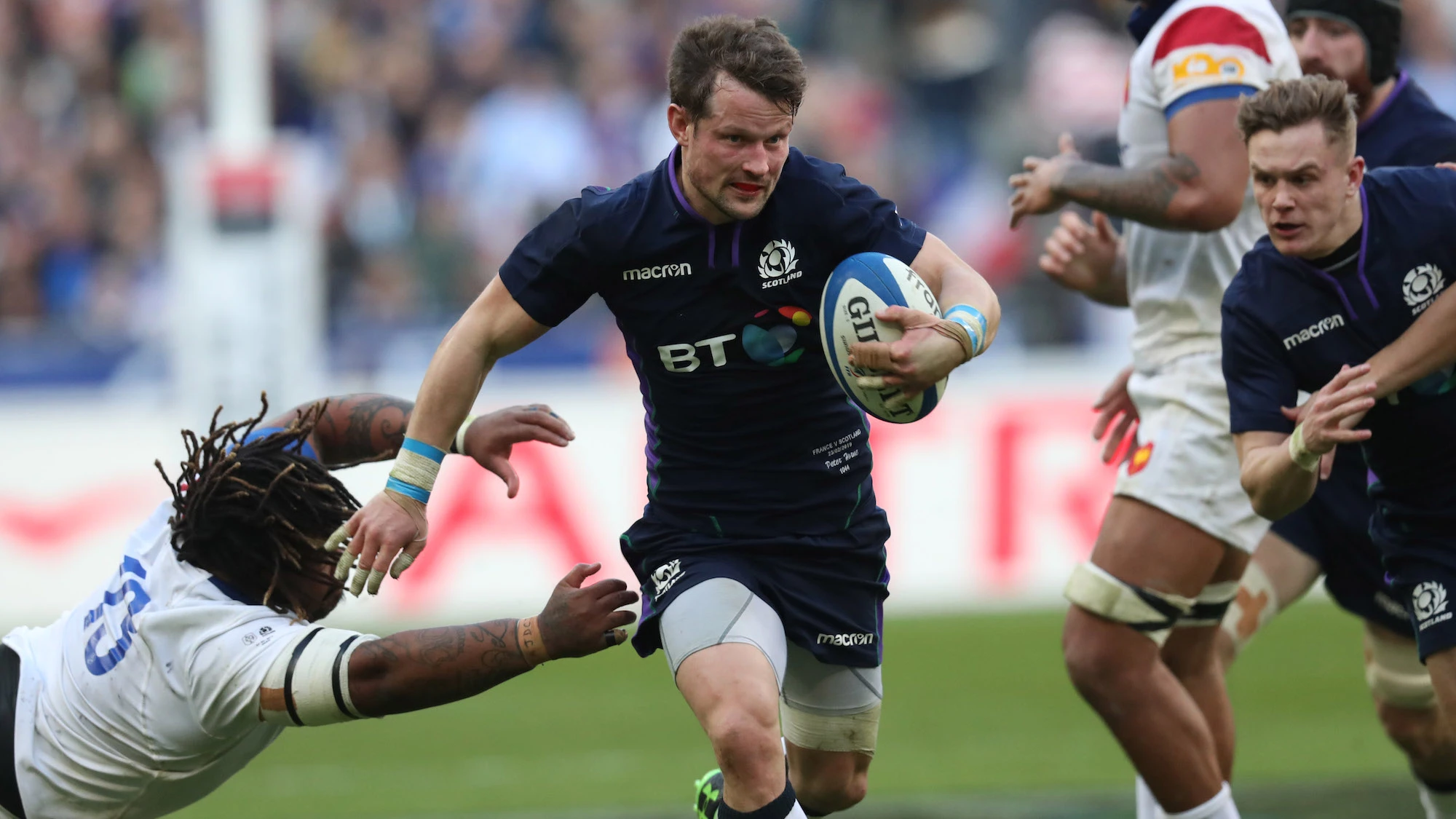More than a quarter of a century has come and gone since the All Blacks went down in Dublin for the only time, to opponents wearing a little green and a lot of gold.
Against Australia at Lansdowne Road on that last Sunday of October 1991, New Zealand lost more than a match. They lost the World Cup to boot and it would take them 20 long years to get it back, a painstaking recovery from what was surely their most damaging defeat in any European capital.
They have been few and far between. France in the semi-final at Twickenham eight years later springs to mind but without topping what Bob Dwyer’s young Wallabies achieved in knocking the holders out at the semi-final stage of the first World Cup to be held on this side of the equator.
David Campese in his goose-stepping pomp scored one of Australia’s two tries and made the other for Tim Horan, one half of a match-winning pair of 21-year-old Queenslanders whose midfield partnership endured long enough for the Wallabies to resume their global dominance at Cardiff in 1999, turning the final against France into the most one-sided of all.
The All Blacks will be back in Dublin soon enough for what stands out as the fixture of the autumn series spanning the full spectrum of the Six Nations. While they are in no imminent danger of losing another World Cup, at least not for another 12 months, the match at the Aviva Stadium on November 17 will have a global significance like no other.
For the first time Dublin will stage a match between the two highest-ranked countries in the game. Kieran Read and his All Blacks will not need to go back as far as the last century for a jolting reminder of what could happen when they put their status as the world’s No. 1 team on the line against their leading contenders.
The reigning double World Cup winners against the Grand Slam champions takes centre stage two years after Ireland’s sensational 40-29 win over the All Blacks in Chicago. A fortnight later in Dublin, the New Zealanders responded in the manner of true champions, turning an 11-point setback into a 12-point win.
Even when Ireland stormed 19 points clear at the Aviva five years ago, the All Blacks somehow found a way back, holding their nerve and the ball throughout almost two minutes of stoppage time for Ryan Crotty’s try to level the score at 22-22.
Aaron Cruden’s conversion, re-taken after an early Irish charge, robbed Ireland of what would have been only their second draw against New Zealand. The first, at Lansdowne Road in 1973 thanks to Tom Grace’s famous try, gave Barry McGann a wide-angled shot at history only for a cruel gust of wind to blow his conversion off line just as it seemed set to bisect the posts. Ireland-New Zealand is one of 13 Tests between countries from the Six Nations and the four who compete in the Rugby Championship. The inter-hemisphere series kick off this Saturday at Twickenham where England begin their countdown to the World Cup against South Africa, two places below them on the world rankings at fifth.
New Zealand follow the Springboks to Twickenham for their first match against England in four years. In marked contrast to their long unbeaten reigns in Dublin and Edinburgh and one defeat in more than 70 years at Cardiff, the All Blacks have lost at ‘HQ’ in each of the last four decades, most recently six years ago.
The inter-hemisphere duels: November 3: England v South Africa (Twickenham, 3pm) November 10: England v New Zealand (Twickenham, 3pm) Wales v Australia (Principality Stadium, 5.20pm) Ireland v Argentina (Aviva Stadium, 6.20pm) France v South Africa (Stade de France, 8.05pm) November 17: Italy v Australia (Padua, 2pm) Scotland v South Africa (Murrayfield, 5.20pm) Ireland v New Zealand (Aviva Stadium, 7pm) France v Argenina (Lille, 8.05pm) November 24: Italy v New Zealand (Stadio Olimpico Rome, 2pm) Scotland v Argentina (Murrayfield, 2.30pm) England v Australia (Twickenham, 3pm) Wales v South Africa (Principality Stadium, 5.20pm) Historic matches involving New Zealand in Dublin and London: October 27, 1991: World Cup semi-final at Lansdowne Road: Australia 16 New Zealand 6 Australia: M Roebuck; D Campese, J Little, T Horan, R Egerton; M Lynagh, N Farr-Jones, capt; T Daly, P Kearns, E McKenzie; R McCall, J Eales; S Poidevin, W Ofahengaue, T Coker. Tries: Campese, Horan. Conversion: Lynagh. Penalties: Lynagh 2. New Zealand: K Crowley; J Kiran, C Innes, B McCahill, J Timu; G Fox, G Bachop; S McDowell, S Fitzpatrick, R Loe; I Jones, G Whetton, capt.; A Whetton, M Carter, Z Brooke. Penalties: Fox 2. November 24, 2013: Aviva Stadium. Ireland 22, New Zealand 24. Ireland: R Kearney; T Bowe, B O’Driscoll (L Fitzgerald, 53), G D’Arcy, D Kearney; J Sexton (I Madigan, 76), C Murray; C Healy (J McGrath, 69), R Best (S Cronin, 14), M Ross (J Fitzpatrick, 56); D Toner, P O’Connell, capt; P O’Mahony, (K McLaughlin, 56), S O’Brien, J Heaslip. Tries: Murray, Best, R Kearney. Conversions: Sexton 2. Penalty: Sexton. New Zealand: I Dagg (R Crotty, 52) ; C Jane (B Barrett, 66), B Smith, M Nonu, J Savea; A Cruden, A Smith; W Crockett (B Franks, 60), A Hore (D Coles, 42), C Faumuina (O Franks, 56); L Romano, L Whitelock; S Luatua (L Messam, 56), R McCaw, capt., K Read. Tries: Savea, B Franks, Crotty. Conversions: Cruden 3. Penalty: Cruden. December 1, 2012: Twickenham. England 38, New Zealand 21 England: Alex Goode; C Ashton, M Tuilagi (J Joseph, 66), B Barritt, M Brown; O Farrell (F Burns, 55), B Youngs (D Care, 68); A Corbisiero (M Vunipola, 66), T Youngs (D Paice, 72), D Cole (D Wilson, 72); J Launchbury (C Lawes, 66), G Parling; T Wood, C Robshaw, capt., B Morgan (J Haskell, 57) Tries: Ashton, Barritt, Tuilagi. Conversion: Farrell. Penalties: Farrell 4, Burns 2. Drop goal: Farrell. New Zealand: I Dagg (B Smith, 71); C Jane, C Smith, M Nonu, J Savea; D Carter (A Cruden, 64), A Smith (P Weepu, 64); T Woodcock (W Crockett, 66) K Mealamu (D Coles, 62), O Franks (C Faumuina, 52); B Retallick (L Romano, 48), S Whitelock; L Messam (V Vito, 63), R McCaw, capt., K Read. Tries: Savea 2, Read. Conversions: Carter 2, Cruden.



